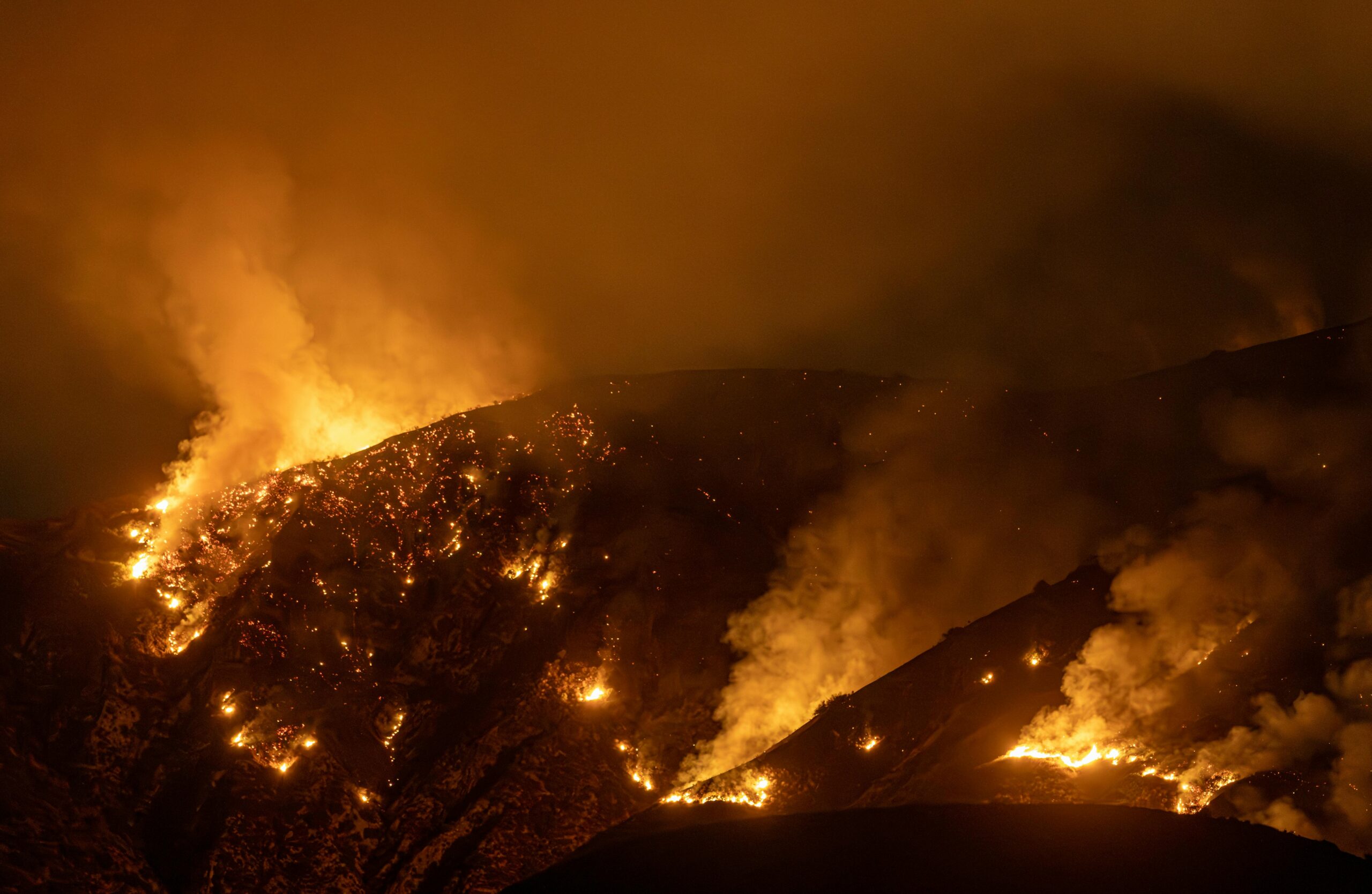New Report: Decades of Injustice in Transportation Systems Exacerbates Climate Disasters in Communities of Color

Media Contact
Danielle Bell
SENIOR PROGRAM MANAGER FOR MEDIA RELATIONS
media@greenlining.org danielle.bell@greenlining.org
Contact: Danielle Bell, Senior Program Manager for Media Relations, The Greenlining Institute, 818-983-2123 (cell)
(Oakland, CA) — The U.S. transportation system hasn’t escaped racism’s long reach, a new report from the Greenlining Institute finds. As low-income communities and communities of color are hit first and worst by the impacts of climate change, including climate-related disasters, the consequences of vulnerable transportation infrastructure fall most severely on these groups.
Achieving Resilient Mobility: Essential Principles for Building Equitable Transportation Systems in an Era of Climate Crisis, released today, outlines how, when designed equitably, transportation systems have the potential to prevent avoidable harm during climate disasters, and build community resilience to the impacts of climate change.
“Transportation systems affect every aspect of our lives–how we get to work, where we live, our health, our access to opportunity,” said report author Mimi Wahid, Greenlining’s Climate Equity Fellow. “Building climate resilience and racial equity into our transportation systems is essential to secure a future where frontline communities can access both physical and social mobility.”
Key findings from the report include:
- Deliberate discriminatory policies and practices in transportation have systematically segregated low-income communities and communities of color to neighborhoods that are less healthy, less wealthy, and less resilient to the devastating impacts of climate change.
- Low-income communities and communities of color suffer disproportionately from transportation-related pollution. They also endure longer, costlier and less reliable commutes, and generally have few available mobility options.
- Transportation and climate disaster response systems are biased toward protecting property and infrastructure, not the people in harm’s way.
Existing transportation funding structures and project pipelines favor a top-down, siloed approach. As a result, transportation policies often fail to meet the specific needs of frontline communities. - Because the impacts of climate change disproportionately hit low-income communities and communities of color hardest, the consequences of vulnerable transportation infrastructure, insufficient evacuation planning, or inequitable disaster recovery strategies fall most severely on these groups.
At a time of unprecedented infrastructure investments in our transportation systems, the report offers essential principles for transportation decision-makers to build equitable transportation systems that support community resilience to climate-related threats and examples of how these principles can be applied. In order to develop equitable transportation systems, policymakers must:
- Transform outdated practices: Reassess outdated mobility planning, investments, programs and projects and reshape them to center equity, meet the current and future climate resilience needs of frontline communities, and not replicate past injustices. Modernize our transportation systems to reflect the realities of frontline communities today, and beyond.
- Put people first: Center the needs and priorities of frontline communities to shape transportation infrastructure efforts when preparing for, responding to and recovering from the effects of climate change. Communities know best what they need. The lived experiences of frontline communities should drive the development and implementation of transportation projects.
- Promote multiple benefits: Promote policies and plans that offer multiple benefits to frontline communities to help alleviate the injustices these communities face. Climate resilient mobility solutions should aim to support health, economic and housing security, displacement prevention, access to clean technology and people’s ability to live where they work.
Wahid continued, “we imagine a transportation system that facilitates resilience for our communities; connects us with jobs that help us build wealth; mitigates air pollution and greenhouse gas emissions; protects us from displacement and houselessness; and, in worst case scenarios, lets us safely and equitably escape from storms, wildfires, and other extreme weather events. This transportation system is possible – but to get there, we need to reconcile with the past, address current inequalities, and carefully move forward with our investments, planning, and decision-making.”
To learn more about The Greenlining Institute, visit www.staging3.greenlining.org.



